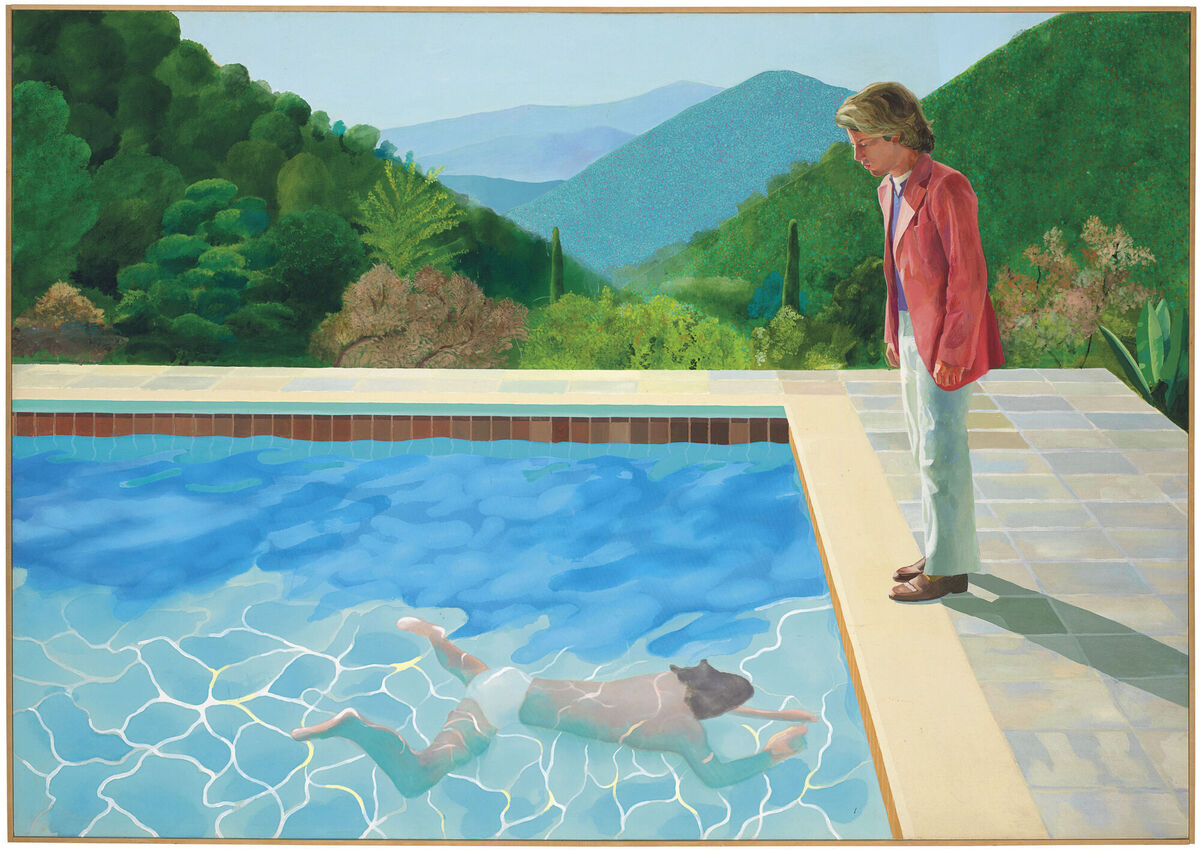Culture that made me: Ricky Wilson on Ghostbusters, David Hockney and Jarvis Cocker
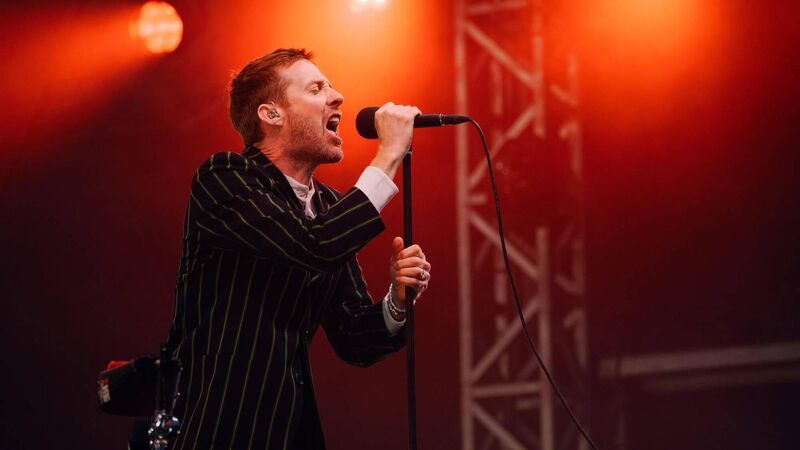
Ricky Wilson of Kaiser Chiefs.
RICKY WILSON, 47, grew up in Keighley, Yorkshire. In 2000, as lead singer, he co-founded the indie rock band Parva, a precursor for Kaiser Chiefs, which released its multi-award-winning debut album, , in 2005.
Luckily, I was born in 1978 because when my teens hit, in the early 90s, the music couldn’t have been better.
My coming of age coincided with the rise of Britpop. Some of the music around at that time was incredible.
Bands playing in Leeds didn’t play anything bigger than the Town and Country Club, which was less than 2,000 people.
So, any night of the week you could see a band that you could see on TV. It was amazing. All these bands like These Animal Men, Suede, and Oasis passing through.
One of the good things about it was that being perceived as cool stopped being, say, the captain of the school football team, to being into the right bands. It all switched.
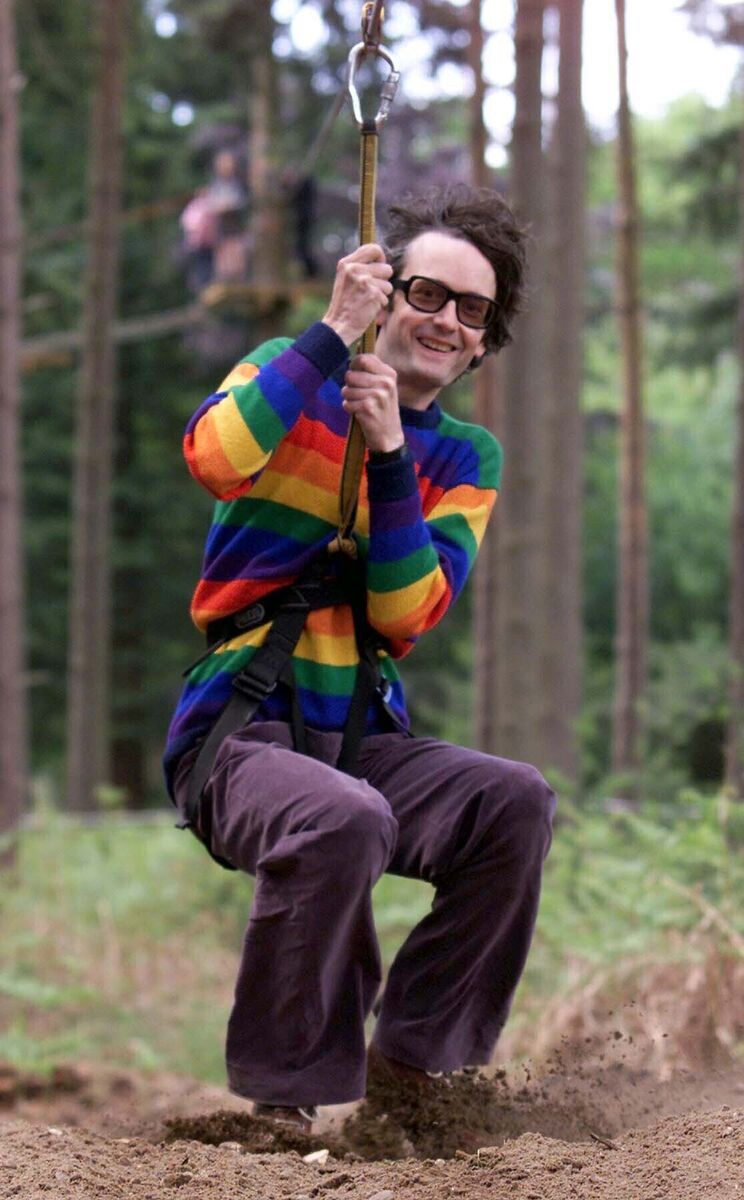
For the first time in my life, being in a band seemed very accessible. I like Jarvis Cocker’s lyrics, and the fact that there were stories.
Growing up, my parents didn’t listen to music that much, but what they did listen to was country music and that was always based on stories and then Pulp came along, and they seemed to write stories as well, which I liked.
Cocker’s songs were very honest and truthful about himself. People can relate to him.
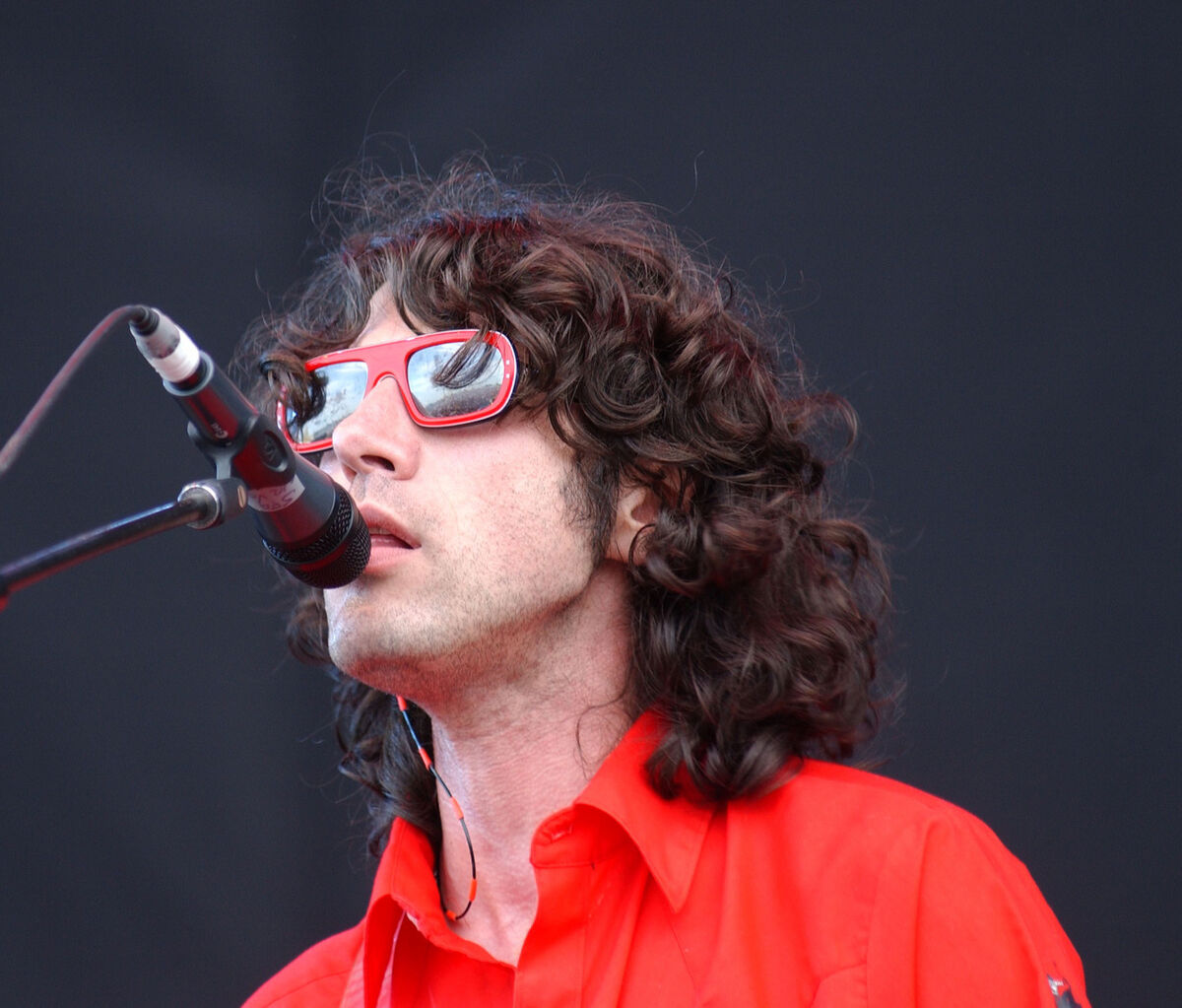

Pete Townshend seemed bitter at the world, misunderstood, felt he didn’t get the appreciation he deserved.
He claimed to have invented the internet and met the devil. Whereas Rod Stewart’s was like ‘I have led the best life anyone’s ever had’ and he’s unashamed of it. It’s brilliant.
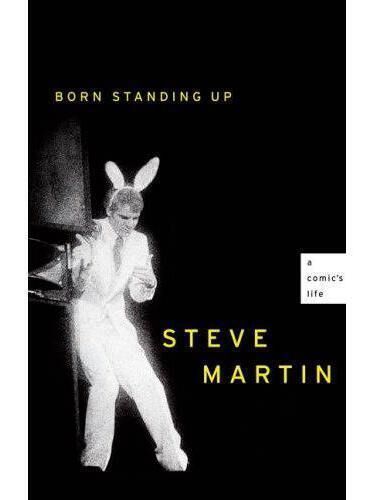
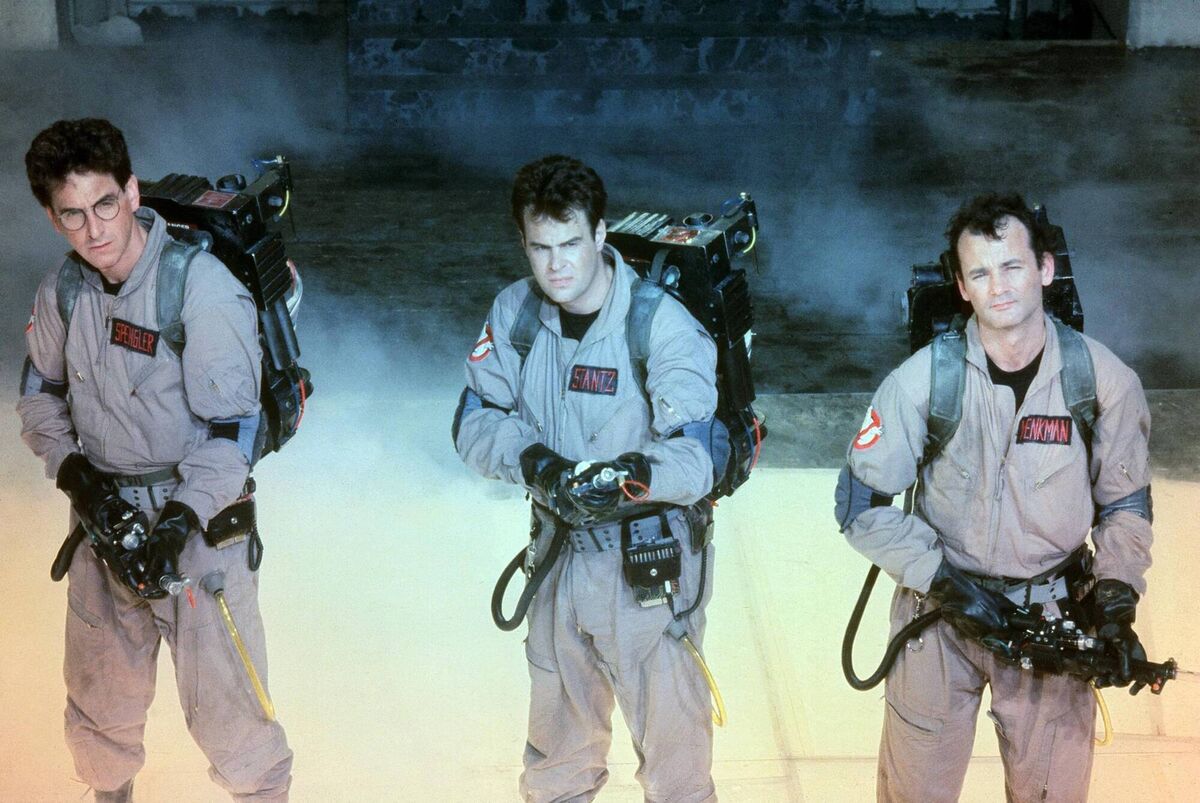
It’s a spectacular film.
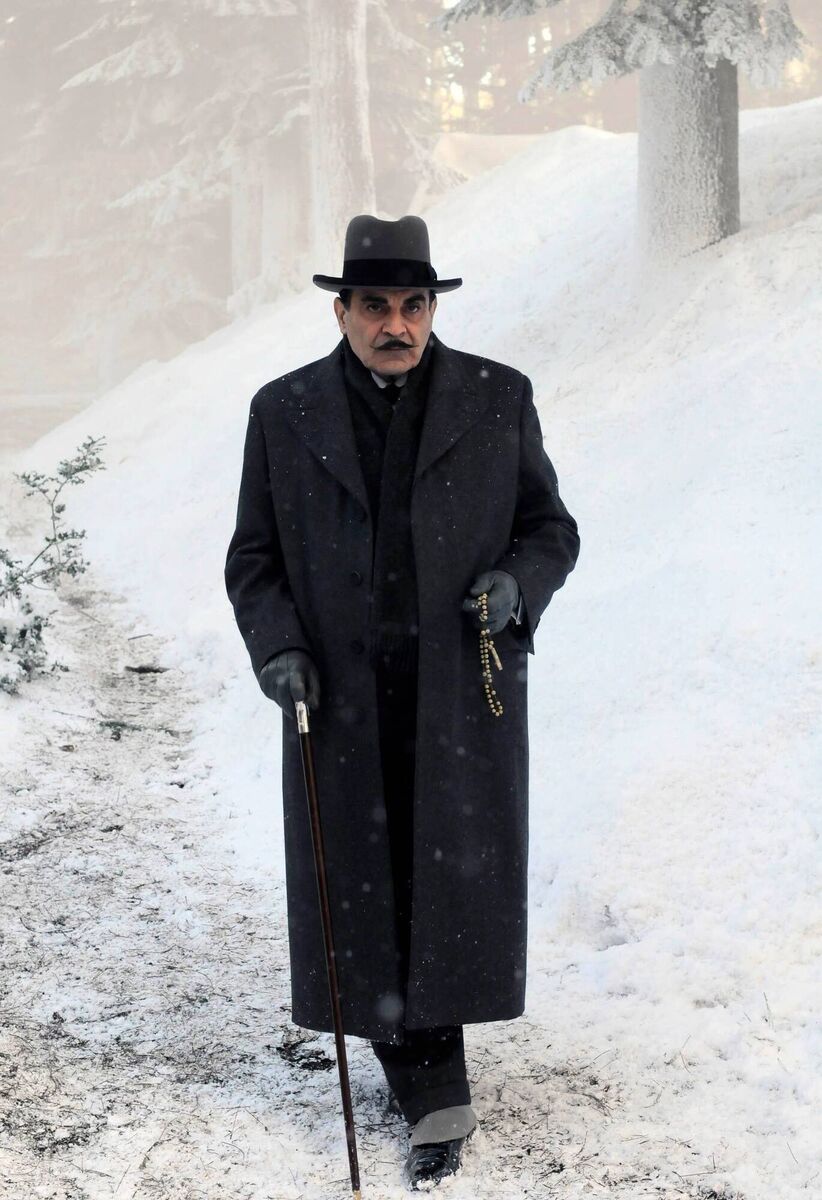
Albert Finney played Hercule Poirot. Everyone complained he was too young to play the part.
It was made in the 1970s, but it feels older, like a classic piece of cinema. Everyone’s in it — Sean Connery, Lauren Bacall. It’s amazing. And I love the music.
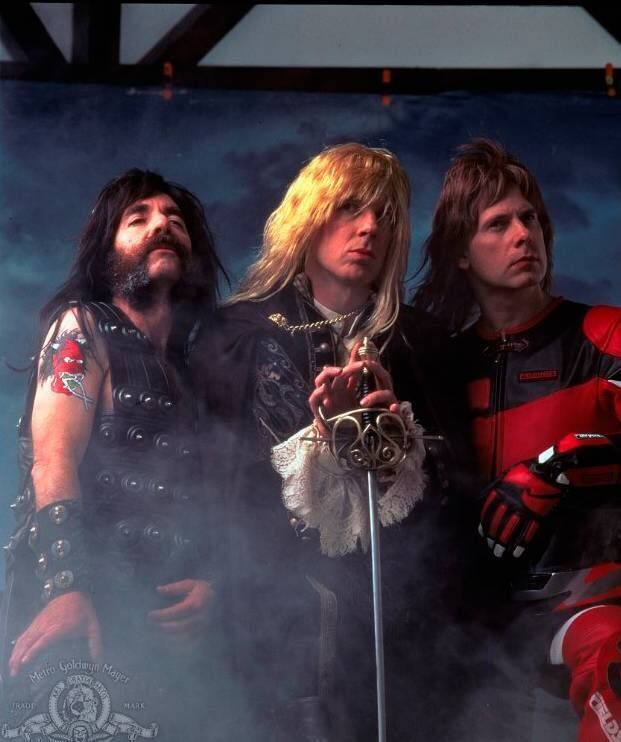
With music documentaries, I don’t like seeing the downs, but then downs are what makes great bands great. Bands don’t come from meteoric trajectories.
That comes from ups and downs, shit happening and a feeling it’s falling apart.
Music documentaries remind me too much of [our band]. We’ve fallen apart many times, but we’ve realised there’s nothing else we can do.
